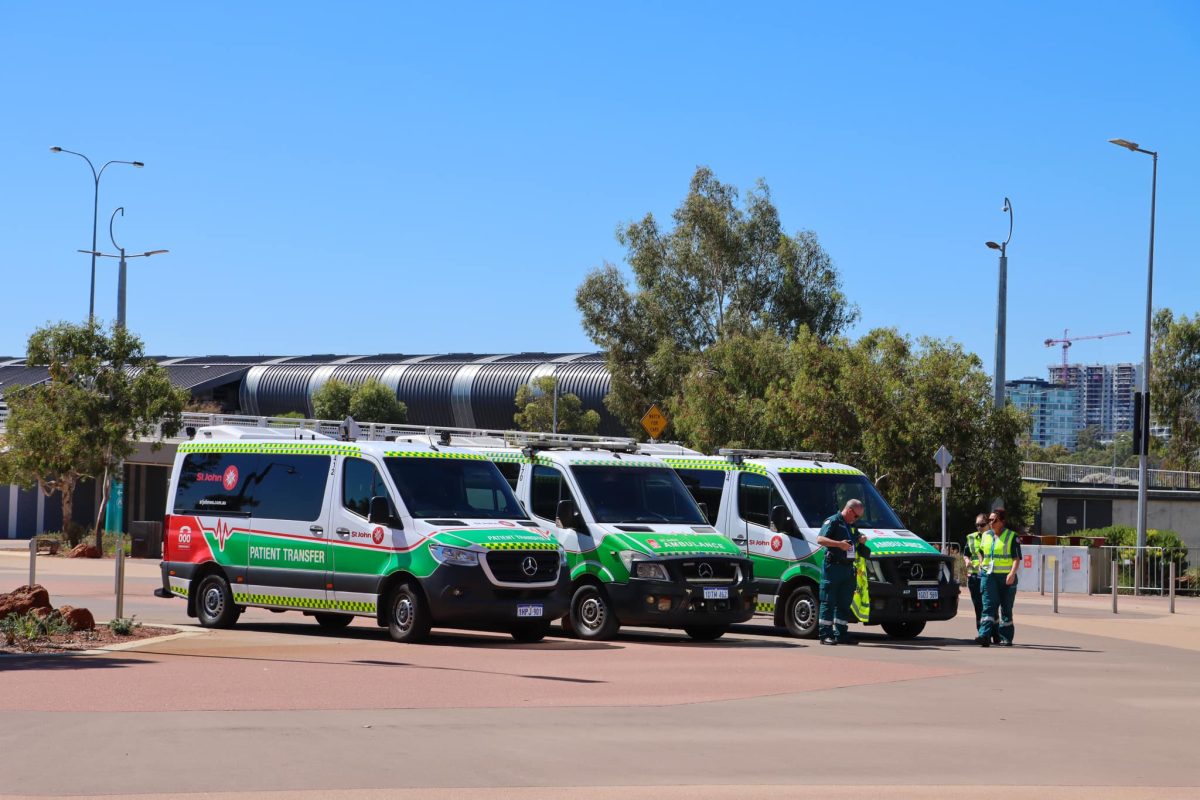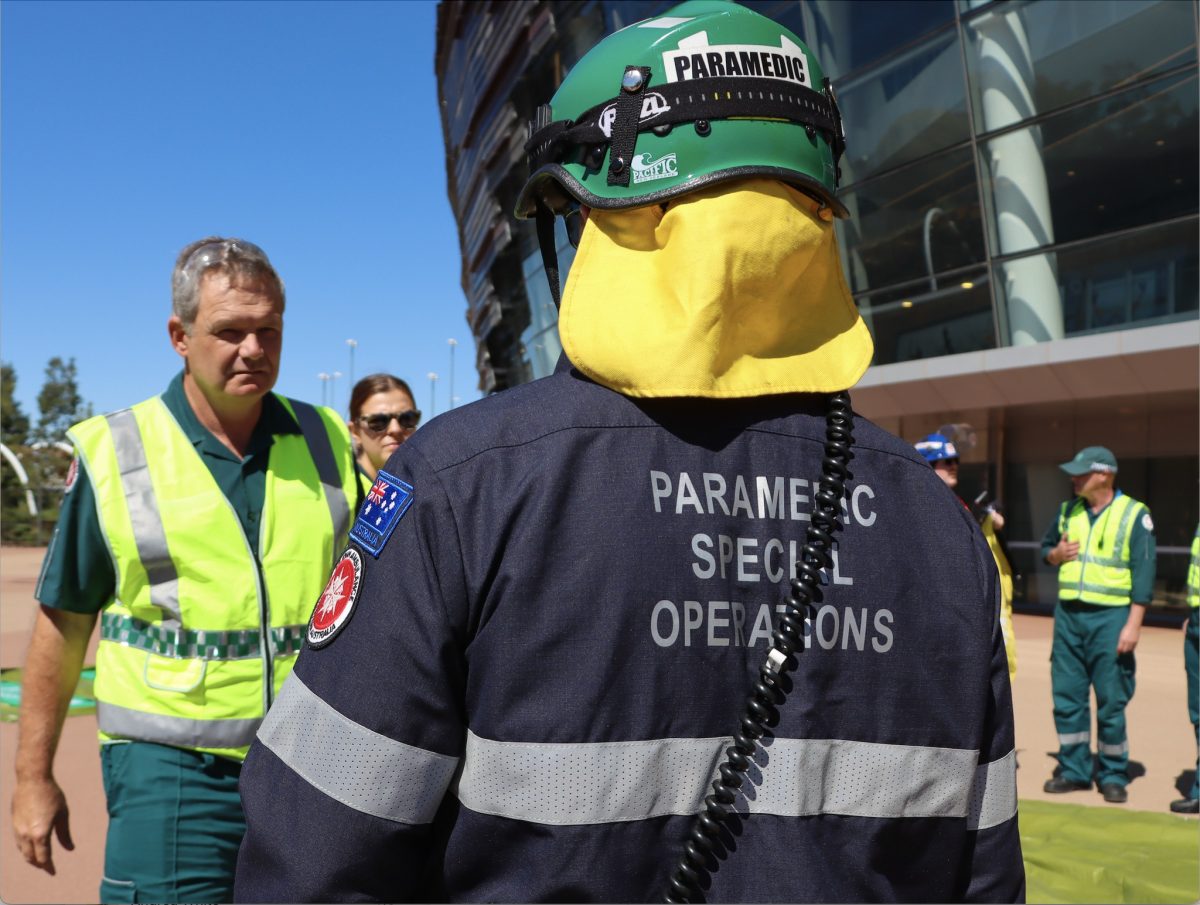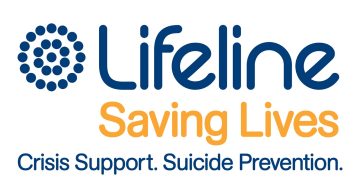
The service will be operated through a partnership between the Mental Health Commission (MHC), St John WA and the East Metropolitan Health Service. Photo: St John WA.
In an effort to relieve ambulance ramping, the Western Australian Government has invested $7.9 million into a new service that will provide crisis intervention and support for people experiencing a mental health emergency.
Emergency department admissions have skyrocketed in recent years, which has meant current ramping levels are at historic levels – according to the Ambulance Employees Association of WA.
While the union awaits a Freedom of Information (FOI) request to access the government contract for the provision of state ambulance services, Mental Health Minister Amber-Jade Sanderson has announced the first-of-its-kind ambulance co-response service and vehicle for its mobile response team that will initially operate in the eastern metropolitan suburbs of Perth.
“We know emergency departments are not always the best place for people experiencing mental health issues, so this service will help provide early intervention in the community and help avoid emergency department admissions,” she said.
The new service is expected to offer:
- Virtual triage, assessment and urgent care to triple zero (000) callers in the metropolitan area aged 16 years and above where mental health is a primary cause for concern
- A mobile response team comprising mental health practitioners and paramedics
- And greater collaboration across services and community groups to help ensure support and appropriate referrals.
Lack of mental health services was a priority area for the WA Mental Health Commission’s (MHC) report on alcohol and other drugs (AOD) services for the 2020-2024 period.
With a foreword by then-deputy premier and mental health minister Roger Cook, it found that “despite 43 per cent of the mental health and AOD budget going towards hospital and forensic services, demand continues to outstrip available services”.
“There has been an increase of 250 per cent in mental health emergency department presentations over the past 15 years,” reported the MHC.
“State-wide demand for mental health inpatient beds was at a ‘Black’ bed capacity status level for the majority of September and October 2019 (85 per cent and 59 per cent respectively), indicating hospitals and emergency departments are in ‘gridlock with complete access block’, with both emergency admissions and internal transfers unable to occur.”

The MHC reported that substance co-morbidity is common among individuals with serious mental illness. Photo: St John WA.
The last time MHC conducted a snapshot survey across all publicly funded authorised and specialised mental health inpatient facilities in WA was in April 2021.
With the intent of finding the number of mental health inpatients who could be discharged if appropriate accommodation, treatment and support services were available, it reported that 134 clients would have escaped a visit to the emergency department if provided mental health support.
Of these clients:
- There was an equal number of males and females
- Half had co-occurring alcohol and other drug (AOD) issues
- Seven in 10 were aged between 25 and 64 years
- And four in five did not have a fixed address to return to.
Looking at all the clients who were in-scope for the MHC survey, about nine in 10 (88 per cent) of these clients required accommodation with mental health treatment and support to be discharged.
The MHC claims this was consistent with their 2019 snapshot, which found the majority (83 per cent) required such measures.
At the end of last month, the government agency opened consultation until 2 December on its discussion paper for WA’s Mental Health and AOD Strategy 2025-2030.
Given the State Government’s recent investment towards the initiative, it’s expected it will continue pushing towards this “integrated treatment” approach.










